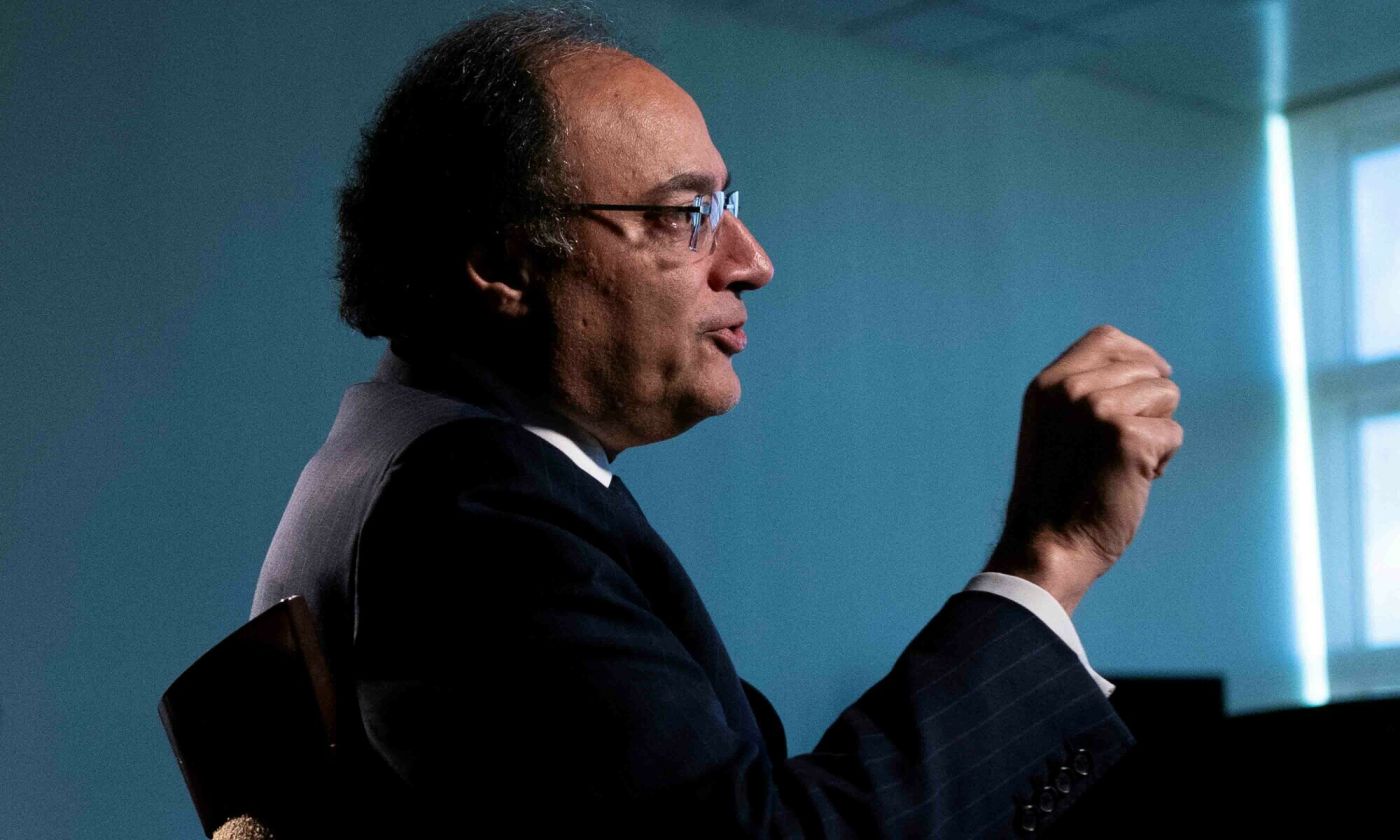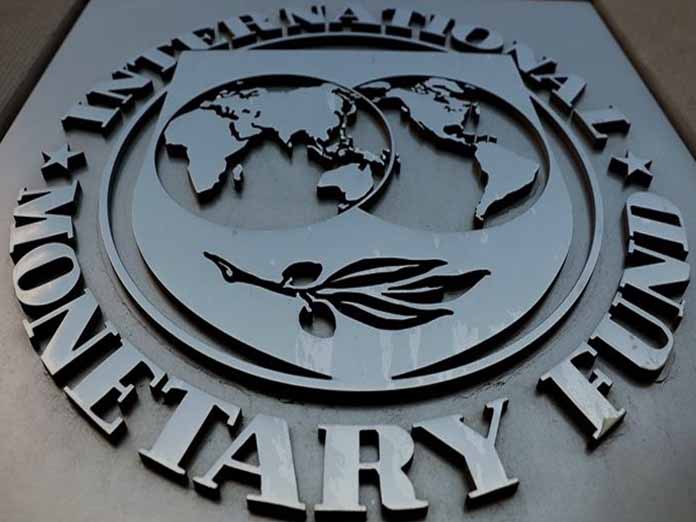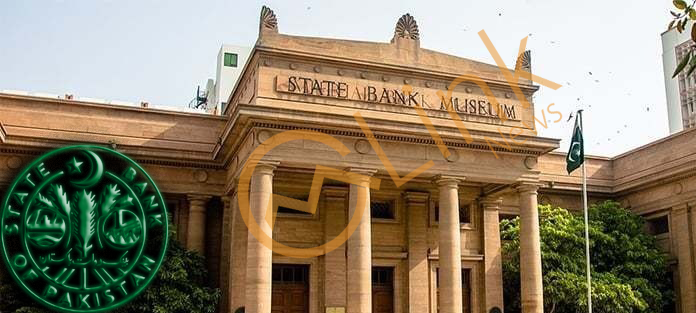March 31, 2019: The Petroleum Division of Energy Ministry is in process of revising existing seven gas slabs to streamline the commodity tariff fixation mechanism, which is considered one of major factors causing inflated utility bills to domestic consumers.
“Work on the slab-review has been started,” an official source privy to Petroleum Sector developments told.
He said Minister for Petroleum Ghulam Sarwar Khan had already admitted publicly time and again that there were some technical mistakes in finalizing the recently introduced gas consumers' categories and the subsequent rate determining formula, which would be rectified.
The official said increased gas pressure and slabs were the major factors behind the inflated bills, adding that both the reasons were being examined by experts at different levels, for which three teams had been constituted.
“Three inquiries, including an internal, by AF Ferguson and PM’s Inspection team, had been ordered to probe the reasons behind the inflated gas bills,” he elaborated.
The official expressed confidence that inflated gas bills caused by high pressure would be readjusted before June 30, while the Petroleum Division would look into the mechanism of reimbursing inflated bills caused the slabs.
He said readings of gas pressure for the month of December, January and February would be examined to determine the pressure factor issue in inflated bills.
Commenting on media reports regarding gas companies demand submitted to the Oil and Gas Regulatory Authority (OGRA), the official said these were just mere speculations and the government was making all-out efforts to put minimum burden on consumers.
Answering a question, he said the Sui Northern Gas Pipelines Limited and Sui Southern Gas Company had suffered 11 percent and 13 percent Unaccounted for Gas (UFG) losses amounting to Rs 22 billion and Rs 26 billion respectively due to wrong strategy of the previous government.
During the last five years, UFG losses registered one percent increase every year, which caused Rs 154 loss to both the companies and increase in the gas tariff, he said adding, the two state companies had been given the target to reduce the UFG by one per cent every year.
Meanwhile, the Petroleum Division categorically said the prices of natural gas and Regassified Natural Gas (RLNG) were not being increased on account of the RLNG sold by Sui Northern Gas Company Limited (SNGPL) to domestic consumers during the winter season, saying that media reports in this regard have no reality.
“Accordingly, the RLNG price will also not be increased on this account for power and CNG sectors,” the official informed.
He further clarified that the gas company had not incurred any loss in respect of sale of RLNG to domestic consumers during the winter season.
Under the Economic Coordination Committee’s decision taken on May 11, 2018, the official said, the ‘Gas Banking Mechanism’ had already been approved by Oil and Gas Regulatory Authority (OGRA), “under which RLNG is sold as system gas during the winter season while the same is recovered during the summer season on an on-going and multi-year basis.”
These adjustments have been allowed by OGRA on the basis of final accounts of the company on a ring-fenced basis in accordance with the OGRA law, he added.
He said RLNG was routed to domestic sector during peak winter months to ensure smooth supply of the commodity to consumers. “Resultantly, the gas pressure in the domestic sector remained far better this year as compared to the previous years.”
(APP)
27102







